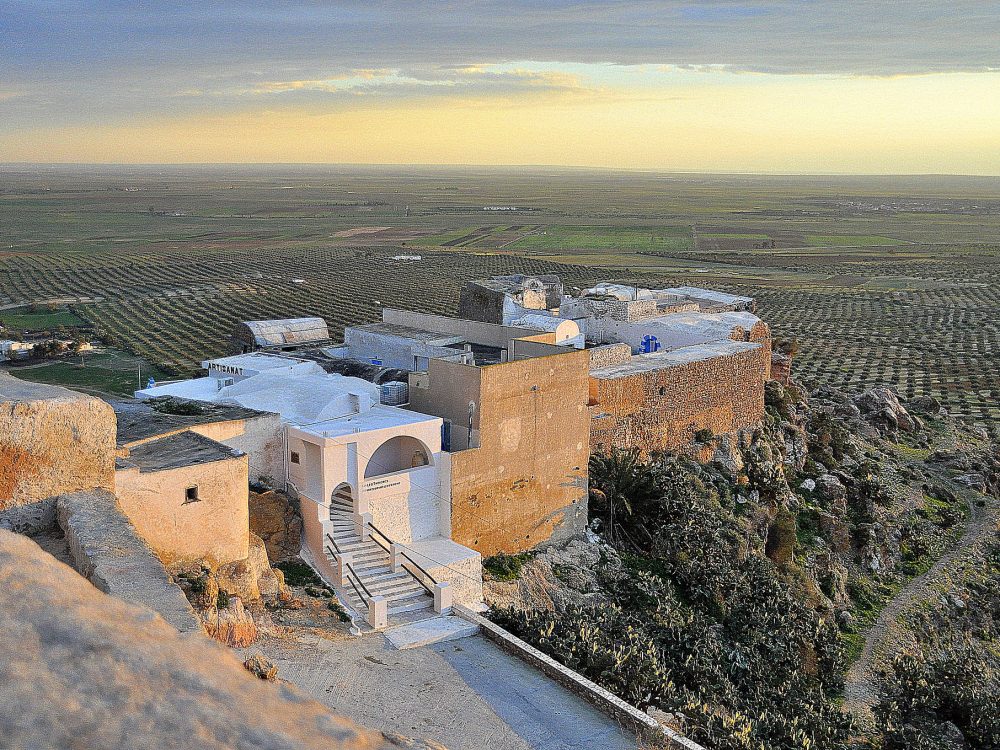AidData, CCAPS, and Government of Malawi to geocode aid information at the country level
AidData and the Climate Change and African Political Stability Program (CCAPS) at the University of Texas are working with Malawi’s Ministry of Finance to geocode aid activity information. Geocoding, through which information is pinpointed to a precise geographic locality, provides a visual aid for development planning and coordination, allowing governments and their donor partners to better assess current aid distribution and plan future projects.
Recently, several CCAPS research assistants traveled to Malawi for the initial stages of the project, which will result in a geocoded set of all development assistance projects currently tracked in the government’s Aid Management Platform (AMP). AMP, a product of Development Gateway, is an online platform that streamlines aid information management, allowing government staff and their donor partners to record, monitor, and report information on aid-funded projects and programs. Malawi’s AMP tracks funding from 28 different bilateral and multilateral donors, and as of January 2011 accounted for the country’s entire portfolio of ongoing activities – totaling over 450 projects and programs. For more details on the impact of AMP on aid information management in Malawi, watch this interview by Stan Nkhata, Deputy Director of the Debt and Aid Division of Malawi’s Ministry of Finance.
To execute the project, CCAPS and AidData research assistants will use the geocoding methodology developed by AidData and Uppsala University, which was also employed in the Mapping for Results initiative and is consistent with the standards developed for the International Aid Transparency Initiative (IATI). The team has already met with several of Malawi’s donors – including USAID, UNDP, DFID, Japan, and Canada – to obtain project documentation with geographic details. Once mapped, Malawi’s geocoded aid projects will be presented on a simple visual platform that will help government and donor staff ensure that aid is targeted to areas of most need.
Share This Post
Related from our library

How useful is AI for development? Three things we learned from conversations with development experts
The development world is buzzing with excitement over the idea that new and emerging applications of artificial intelligence (AI) can supercharge economic growth, accelerate climate change mitigation, improve healthcare in rural areas, reduce inequalities, and more. But what does this look like in real life?

At a Glance | Tracking Climate Finance in Africa: Political and Technical Insights on Building Sustainable Digital Public Goods
In order to combat the effects of climate change, financing is needed to fund effective climate fighting strategies. Our white paper, “Tracking Climate Finance in Africa: Political and Technical Insights on Building Sustainable Digital Public Goods,” explores the importance of climate finance tracking, common barriers to establishing climate finance tracking systems, and five insights on developing climate finance tracking systems.

Du côté de l’Afrique Francophone et des Caraïbes
Development Gateway travaille aussi dans les pays francophones d'Afrique et des Caraïbes depuis 2007. Nous mettons à profit notre expertise technique et développons des outils, des processus et des analyses multilingues personnalisés pour soutenir les efforts de nos partenaires à obtenir de meilleurs résultats dans plusieurs secteurs, notamment l'assistance au développement, l'agriculture, les industries extractives et la santé. Ce bulletin d'information revient sur la présence de DG dans les pays francophones.